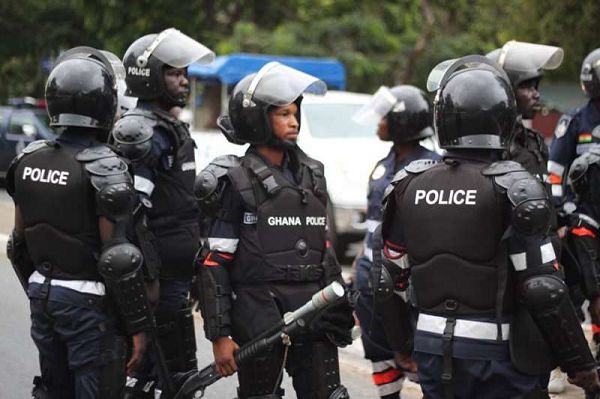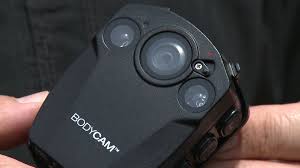
Police deploy body cameras in May
As part of efforts to enhance police transparency and accountability, the Police Administration will deploy its first body cameras in May this year.
The Director-General in charge of Services, Deputy Commissioner of Police (DCOP) Mr Alex Amponsah-Asiamah, told
He said 3,000 pieces were expected to be delivered by the close of the year.
Mr Amponsah-Asiamah explained that the decision to use the body cameras formed part of the police transformation agenda to enhance public confidence in the service.

Backlash
Two major incidents last week have attracted a backlash on the police regarding their lack of accountability.
In the first instance, a policeman allegedly assaulted three journalists from the Ghanaian Times. The officer allegedly seized the mobile phone one of the reporters was using to record a traffic offence involving the police officer.
In the second case, a driver and his mate, who are currently on remand, were captured in a viral video assaulting another police officer.
Members of the public have wondered what might have triggered the
Evidence
Mr Amponsah-Asiamah said the use of the body cameras by police officers on the field would address some of those challenges.
He said the body cameras would also instil discipline and check the misbehaviour of police officers on the field.
According to him, before a police officer was issued with a body camera, it would be tested to ensure that the sound, cameras and recording functions were working.
“If you return from the field and cannot produce a report from your operation from the body camera, you will have to answer,” he said.
Mr Amponsah-Asiamah said it would be in the interest of police officers to use the cameras because if a case was reported against an officer during an operation or exercise but there was no recording to back it, that officer would certainly be in trouble.
Get used to it
Sharing his perspectives on the development, Assistant Commissioner of Police (ACP), Dr Benjamin Agordzor, said taking videos of police actions had come to stay and it did not matter who took them.
“The earlier we got used to it and modified our attitudes, the better. We can never justify the assault on the police officer by the driver and his mate irrespective of the conduct of the police officer; neither can we ever justify the assault on the three journalists irrespective of whether they were taking pictures of us or not.
We need to leave such negative tendencies and mindsets behind us,” he stated.
According to Dr Agordzor, videos were key in evidence gathering because of their graphic nature.

Body cameras
Police body cameras are used around the world.
In 2015, in response to the number of high profile shootings of unarmed black men by police officers, the then President of the United States of America (USA), President Barack Obama, pledged funding for a nationwide programme to equip departments with body cameras.
Following from that, law enforcement agencies in 45 states in the USA received funding from the Department of Justice's Body-Worn Camera Policy and Implementation Programme, which spent over $58 million between 2015 and 2017.
